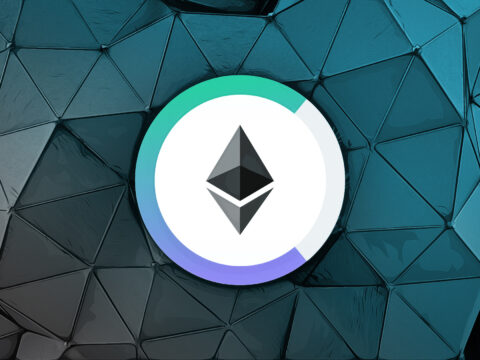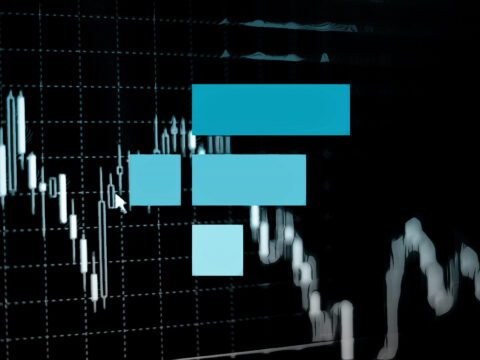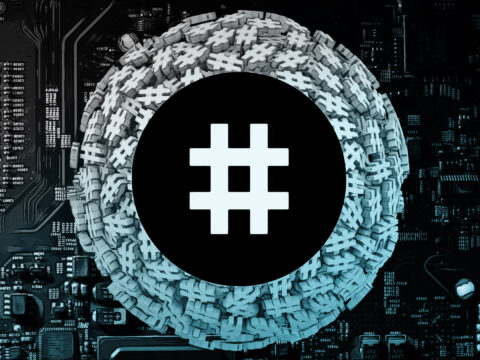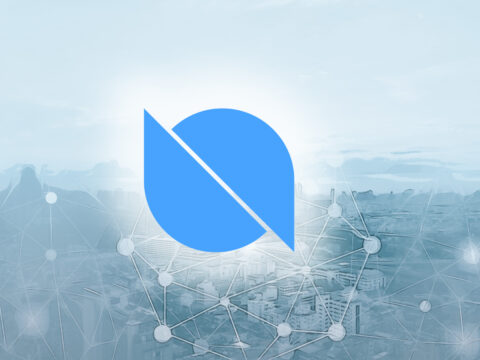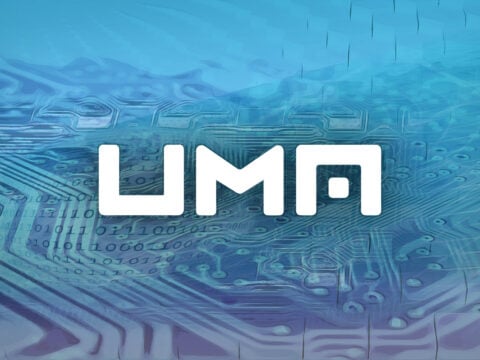Today's Band Protocol Price Summary
Band Protocol's price today is $0.41 USD, with a 24-hour trading volume of $10,874,694 USD. BAND
is down -0.31% in the last 24 hours. Band Protocol is currently ranked #563 with a
market capitalization of $67,748,597 USD.
About Band Protocol
Band Protocol is a blockchain oracle platform that addresses the limitations of smart contracts, which are unable to access external data sources. It serves as a bridge, enabling decentralized applications (dApps) to access reliable and validated digital data from outside the blockchain.
The protocol operates on its own Cosmos-compliant public blockchain known as BandChain. Here, stakeholders validate data from digital sources, making it accessible for smart contracts on Ethereum and other blockchains. This functionality is crucial for dApps that rely on real-world data.
The Utility of BAND Tokens
BAND serves as the utility and governance token of Band Protocol. Validators who earn their position by owning a minimum threshold of tokens or having validation rights delegated to them by other BAND holders use it. Data providers pay to have their data published on the BandChain using BAND tokens and earn money each time their data is accessed by a smart contract or dApp.
Interestingly, the value of BAND tokens decreases over time due to an automated inflation schedule implemented by the Band Protocol team. However, delegating these tokens to validators can yield good returns.
Unique Features and Future Plans
Band Protocol's shift from Ethereum to a Cosmos architecture gives it competitive advantages such as faster transactions and lower costs. The network security involves randomly choosing validators for each transaction and executing scripts only upon passing run-time security validation.
Looking ahead, Band Protocol plans to launch version 2.0 of BandChain by end of 2021 which will offer more opportunities for providers to earn rewards for supplying data.
In conclusion, Band Protocol plays a pivotal role in bridging the gap between blockchain-based smart contracts and external data sources, with its utility token BAND playing an integral part in this process.
Sources:
What is Band Protocol All-Time High price (ATH)?
On April 15th, 2021 12:04:11 PM, Band Protocol hit a historic high of $22.83 USD.
It has been about 4 years ago since Band Protocol reached its peak.
What is Band Protocol All-Time Low price (ATL)?
On November 25th, 2019 05:49:22 AM, Band Protocol reached a bottoming price of $0.2036250000 USD.
About 6 years ago has passed Band Protocol has seen such a low price.

